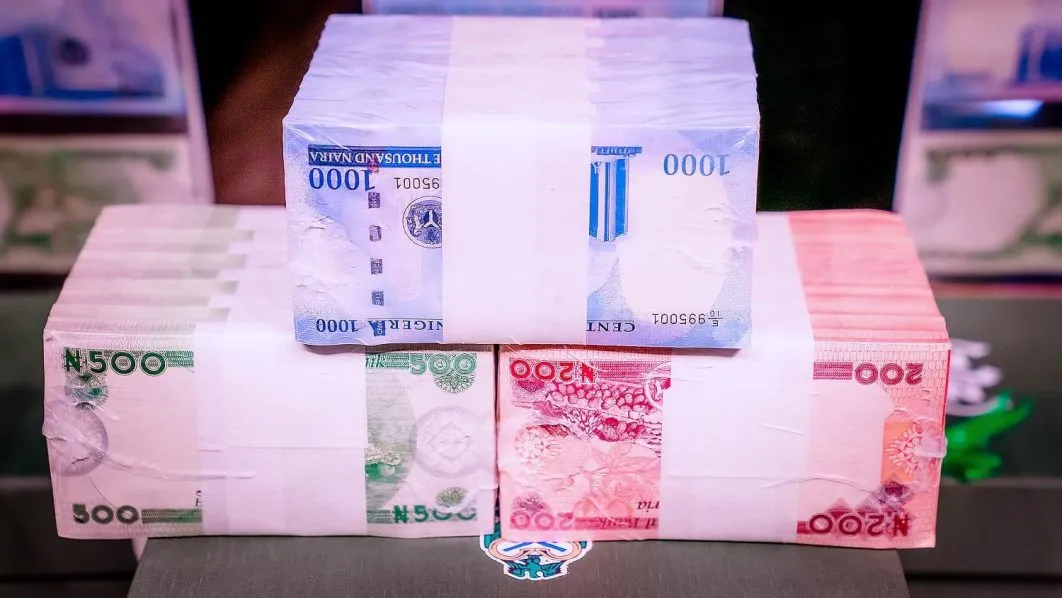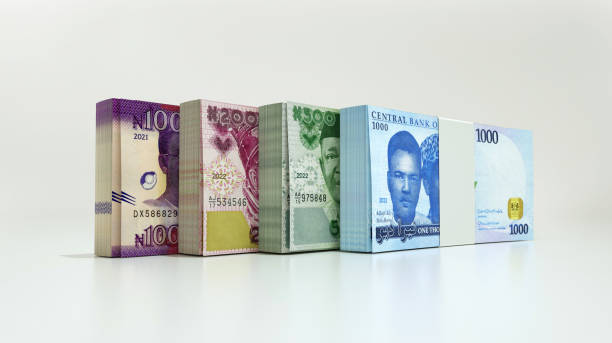The value of currency in circulation in Nigeria has reached a historic high of N3.97 trillion at the end of May, marking a 1.07 per cent increase over the previous month.
This data, released on the Central Bank of Nigeria (CBN) website on Sunday, highlights a consistent rise from N3.92 trillion in April and N3.86 trillion in March.
Join our WhatsApp ChannelThe CBN’s report indicates that the currency in circulation, which includes banknotes and coins, produced and issued for use in the economy, has been increasing despite the central bank’s monetary policy tightening. The benchmark interest rate has been set at 26.65 per cent to control inflation, yet the currency in circulation continues to rise.
Muhammad Abdullahi, a member of the Monetary Policy Committee (MPC) of the CBN, explained the trend during their March meeting. He stated, “The high amount of currency outside banks is one of the key drivers of inflation in the country.”
The data reveals that currency in circulation at N3.87 trillion in March, represented about a 4.76 per cent month-on-month increase from N3.69 trillion in February. Additionally, the amount of currency outside banks grew from N3.28 trillion in January to N3.41 trillion in February and N3.63 trillion in March.
READ ALSO: Nigeria’s Currency In Circulation Hits N3.87trn- CBN Reveals
Abdullahi noted, “Over 90 per cent of currency in circulation is held outside of the banking system. This indicates that Nigerians are holding more cash, which can fuel inflationary pressures.”
The trend of rising currency in circulation comes amidst various related concerns and discussions about the CBN’s policies. Some stockbrokers have expressed concerns over a bill seeking to modify the autonomy of the CBN, while Bureau de Change (BDC) operators have urged the central bank to reverse recapitalisation guidelines.
“Let CBN be,” a stockbroker stated, emphasising the importance of the central bank’s independence in managing the country’s monetary policy.
Despite these concerns, the CBN remains focused on its objectives. The MPC’s stance on maintaining a high benchmark interest rate is aimed at curbing inflation and stabilising the economy. However, the continuous increase in currency in circulation suggests that other factors might be influencing the economic landscape.
The steady rise in currency in circulation highlights a critical aspect of Nigeria’s monetary environment. As more cash remains outside the banking system, the CBN faces the challenge of addressing the underlying causes while striving to achieve its inflation targets.
However, the record high of N3.97 trillion in currency in circulation at the end of May underscores the complexities of Nigeria’s monetary policy and the economic behaviours of its citizens.
The CBN’s efforts to control inflation through interest rate adjustments may need to be complemented by strategies to encourage more cash deposits within the banking system. As Nigeria navigates these economic dynamics, the central bank’s policies and the public’s response will continue to shape the country’s financial stability.
Emmanuel Ochayi is a journalist. He is a graduate of the University of Lagos, School of first choice and the nations pride. Emmanuel is keen on exploring writing angles in different areas, including Business, climate change, politics, Education, and others.



















Follow Us